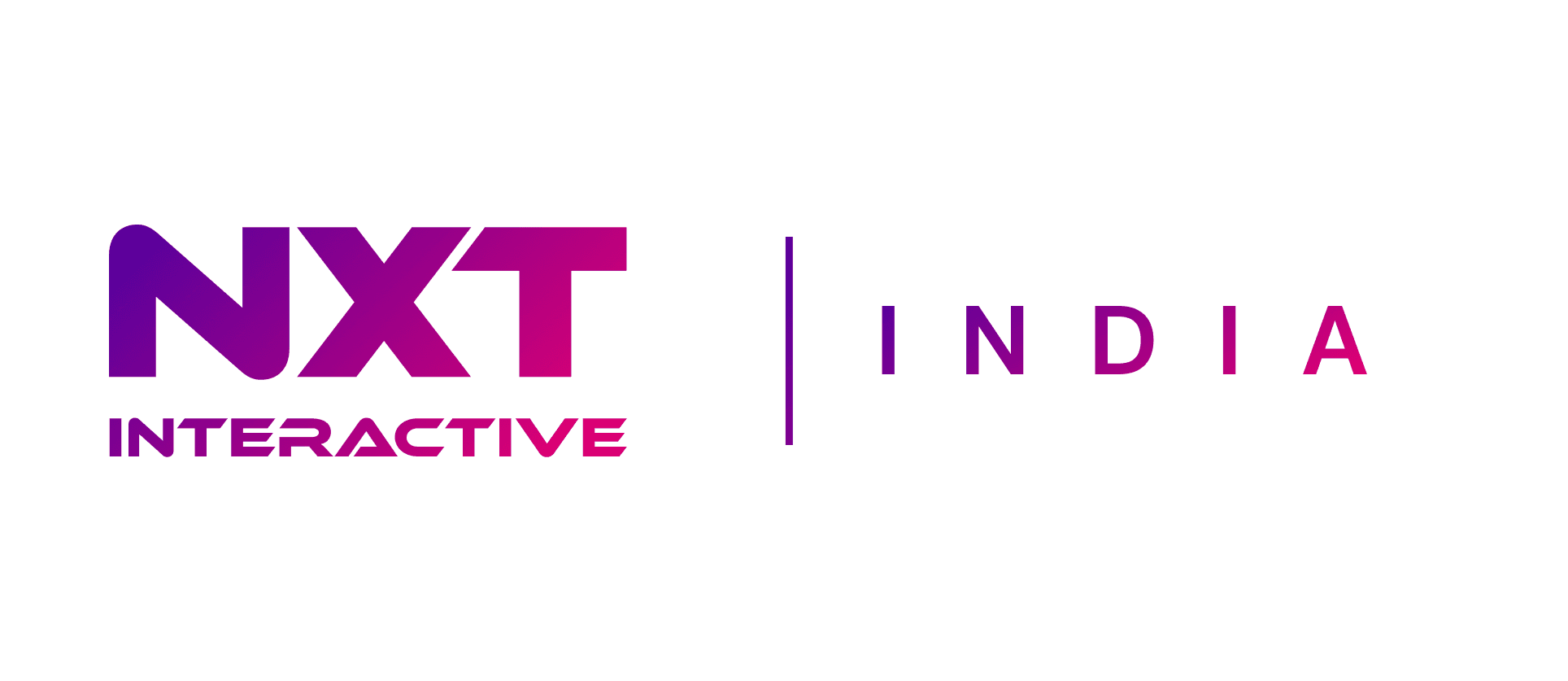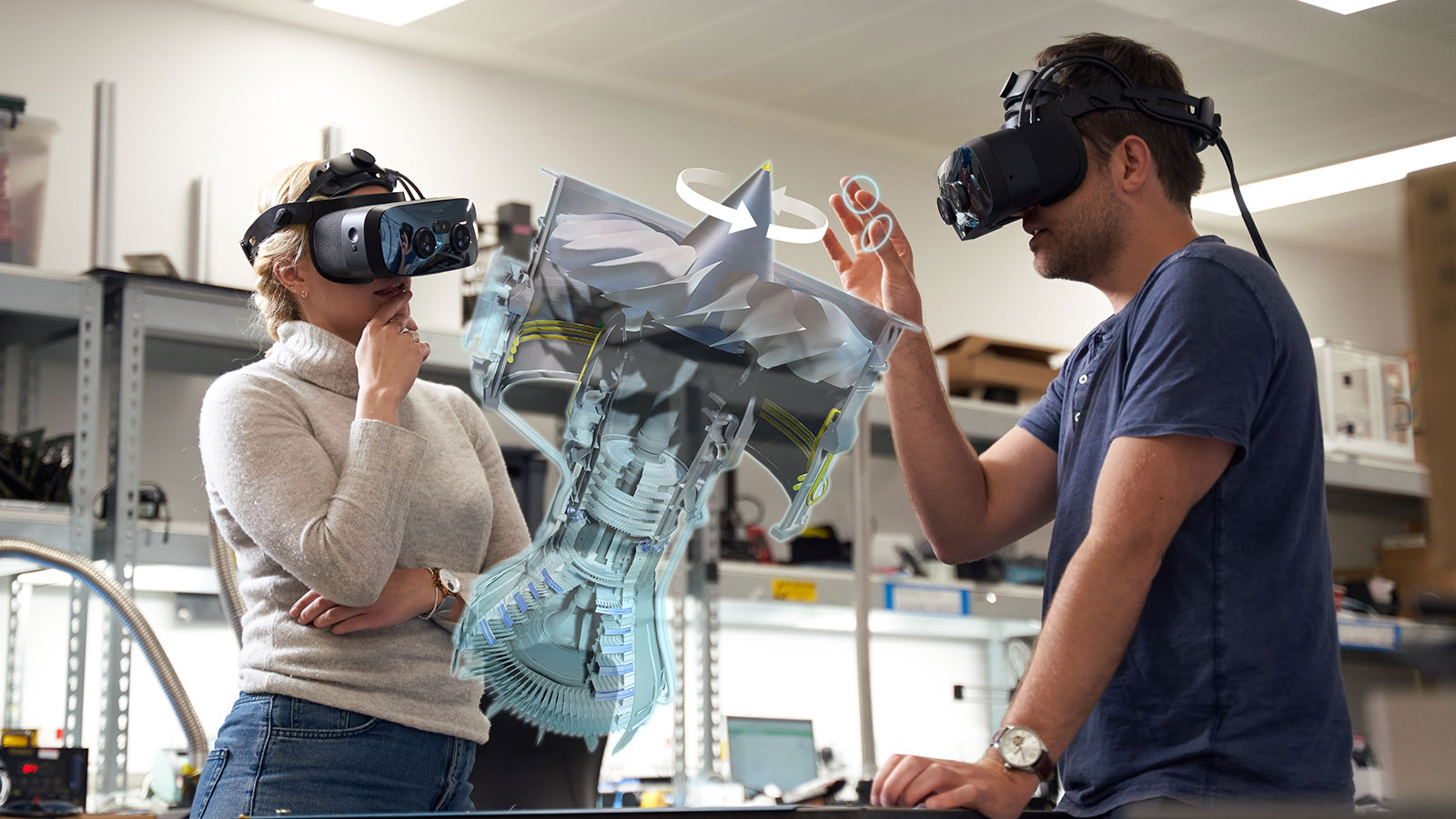Dec 11, 2023
Introduction
In the dynamic landscape of education, the metaverse is emerging as a transformative force, reshaping traditional learning paradigms. Singapore, known for its commitment to innovation and technology, is poised to harness the potential of the metaverse to revolutionize education. In this article, we will explore five key ways the metaverse is set to revolutionize education in the Lion City.
Virtual Classrooms and Global Learning Communities:
The metaverse will redefine the concept of classrooms, transcending physical boundaries. Virtual classrooms will become the norm, enabling students in Singapore to engage in real-time learning experiences with peers and educators from around the world. This global connectivity fosters diverse perspectives, cross-cultural collaboration, and a deeper understanding of global issues, aligning with Singapore's vision of a well-connected and globally aware citizenry.
Immersive Learning Environments with VR and AR:
Virtual Reality (VR) and Augmented Reality (AR) technologies are set to revolutionize the way students in Singapore learn. Imagine stepping into historical events, exploring the intricate details of biological systems, or conducting virtual chemistry experiments. The metaverse provides immersive experiences that go beyond textbooks, making learning more engaging, interactive, and tailored to various learning styles.
Personalized Learning Journeys:
Every student is unique, and the metaverse recognizes and adapts to individual learning needs. Through advanced analytics and Artificial Intelligence (AI), educational platforms in Singapore can offer personalized learning journeys. Customized content, adaptive assessments, and real-time feedback will empower students to learn at their own pace, fostering a more inclusive and effective educational system.
Digital Skill Development for the Future Workforce:
As Singapore strives to be a smart nation, the metaverse plays a crucial role in preparing students for the demands of the digital age. Beyond traditional subjects, the metaverse facilitates the acquisition of essential digital skills such as coding, data analysis, and virtual collaboration. Students will graduate with a skill set aligned with the needs of emerging industries, enhancing their competitiveness in the global job market.
Real-world Simulations and Practical Applications:
In certain fields, learning by doing is invaluable. The metaverse enables students in Singapore to engage in realistic simulations and practical applications of theoretical knowledge. From medical students practicing surgeries in virtual operating rooms to engineering students designing structures in simulated environments, the metaverse provides a bridge between theory and real-world application, preparing students for hands-on challenges in their respective fields.
Conclusion

The metaverse is not a distant future but a present reality that is reshaping education in Singapore. Through virtual classrooms, immersive experiences, personalized learning, digital skill development, and practical applications, the metaverse is revolutionizing the way students learn, teachers instruct, and educational institutions operate. As Singapore embraces these transformative trends, it positions itself as a leader in leveraging technology to create a future-ready and globally competitive education system. The metaverse is not just a tool; it is a catalyst for innovation, creativity, and a brighter future for education in Singapore.





